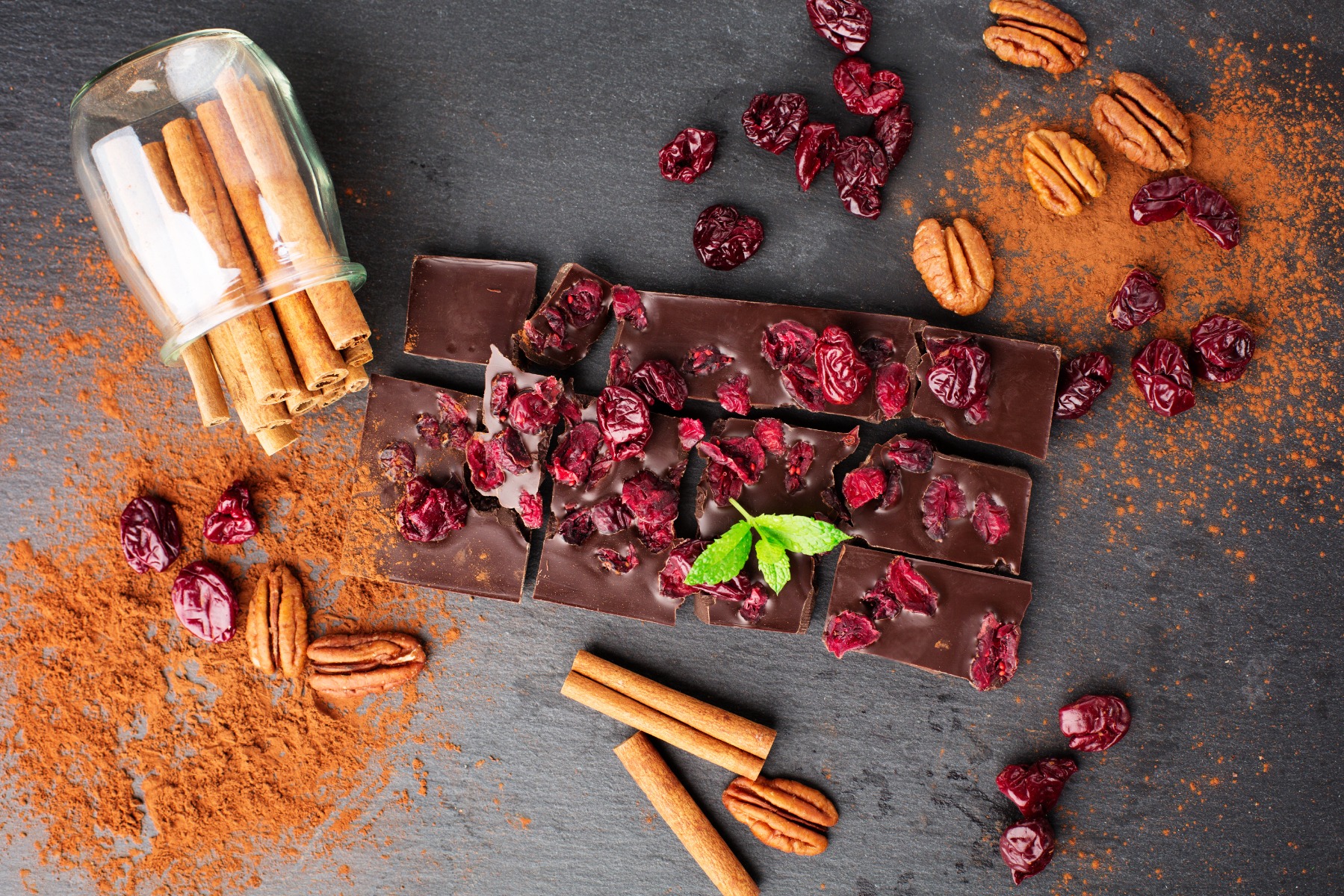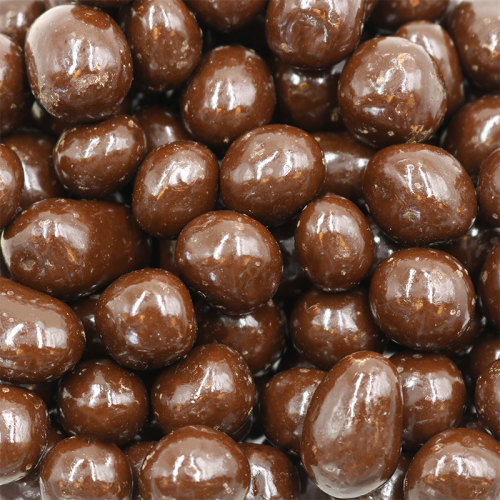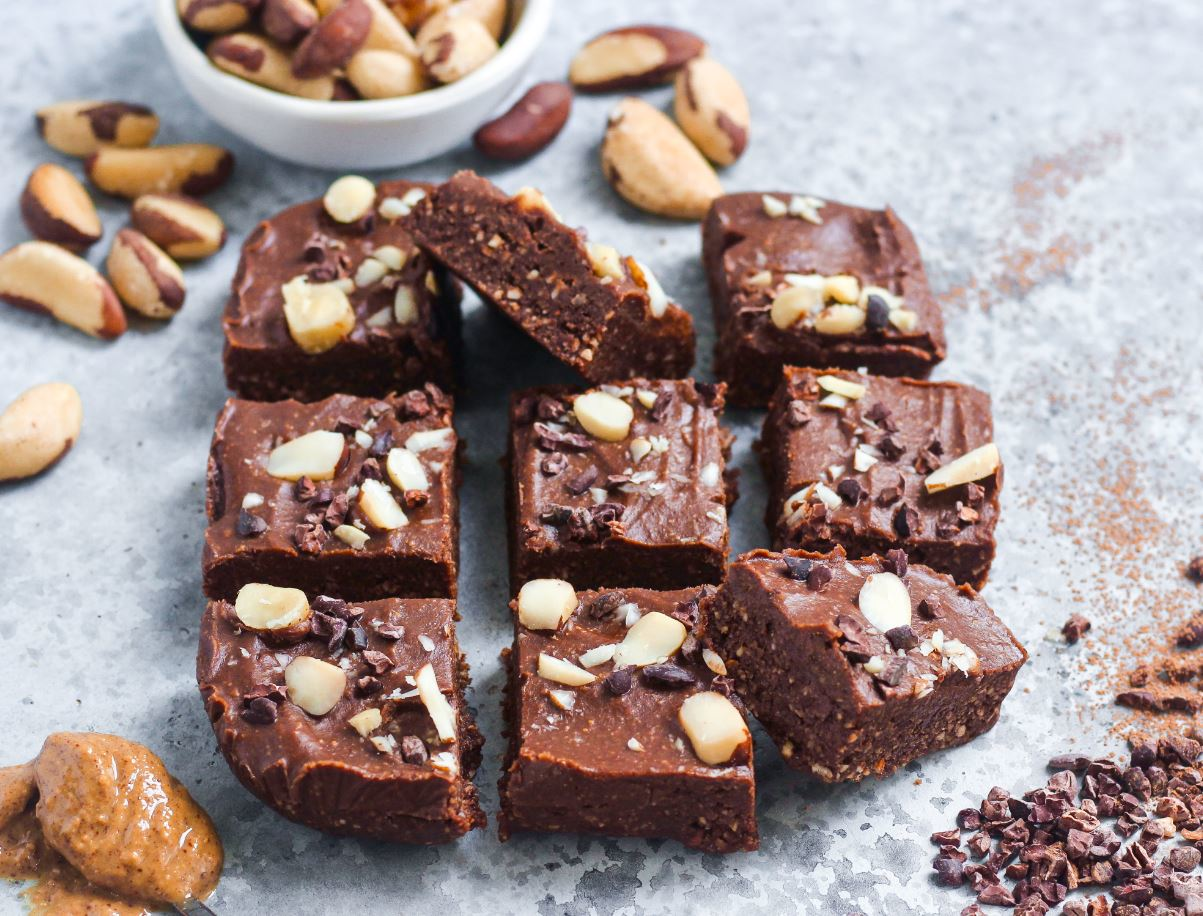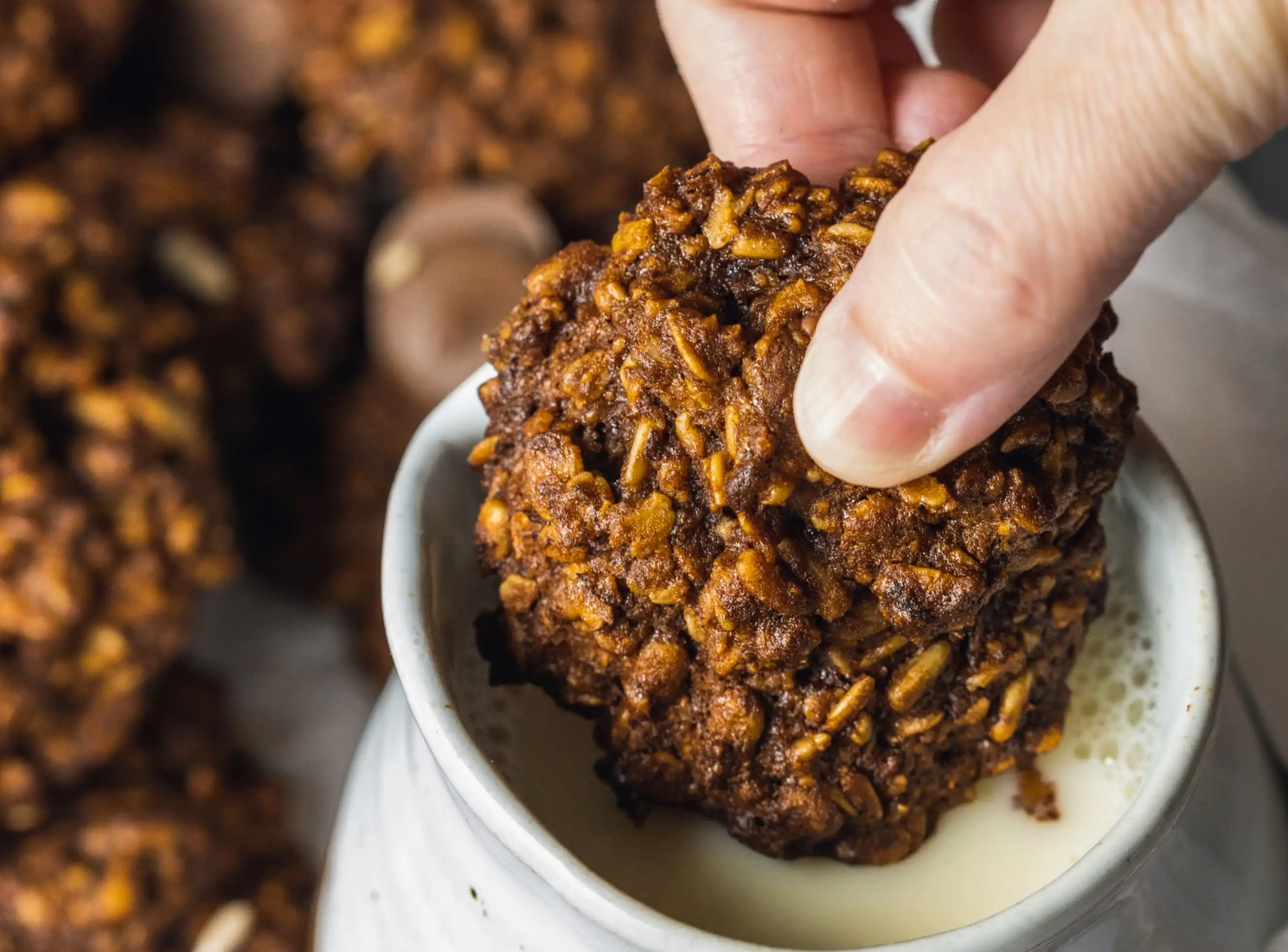
Hidden benefits of nutrient-rich dark chocolate… from brain function to supporting your heart according to scientific research.
Sweet, delicious and a treat to be savoured and given as a prized gift, chocolate is an A-list treat.
But it is the science behind this most indulgent food that makes good quality dark chocolate stand out from the crowd.
Its sugar content may draw justifiable unfavourable attention. However, in moderation, there is a considerable body of evidence which points to cacao being an especially potent player in delivering a range of potential health benefits.
Made from the seed of the cacao tree, good quality dark chocolate is loaded with nutrients and antioxidants that can positively affect health and wellbeing.
And when you add in the magic pairing of nuts and quality chocolate, it’s almost impossible to resist temptation.
Here are the main areas where the ingredients in chocolate have been shown to support and promote good health.
Powerful source of antioxidants
good quality dark chocolate is loaded with biologically active organic compounds which function like antioxidants. Polyphenols, flavanols and catechins are all present in our favourite treat. And, when combined with nuts such as almonds, dark chocolate has been shown to help lower some forms of LDL cholesterol, the type that is considered unhealthy. One study in the medical journal BMC Chemistry showed that cacao seeds and dark chocolate loaded with polyphenols and flavanols had more antioxidant activity than some fruits and scored higher than blueberries and acai berries.
Effects on cholesterol
Eating dark chocolate has been shown to improve a number of factors through its effect on HDL and LDL cholesterol. The impact of this may be that it may protect against high cholesterol. One small study added the plant nutrient lycopene to dark chocolate to track its effect and was found to significantly decrease the total cholesterol level as well as the LDL levels and fats. It is known that some forms of the unhealthy cholesterol will react with the free radicals in your body. That oxidation makes the LDL capable of damaging other tissues such as the lining of the arteries in the heart. Therefore, it could follow on that cocoa lower’s oxidation-prone forms of the LDL and, when in the bloodstream, can protect against any potential damage.
Packed with nutrients
Dark chocolate is rich in minerals and also boasts a decent amount of soluble fibre. If your favourite chocolate has a high cocoa content, it will also have a good fatty acid profile. Fatty acids are a good source of fuel and important for cell health. The fats in dark chocolate are also found in olive oil, which is known to be good for a healthy heart. But don’t forget dark chocolate also has hidden stimulants such as caffeine contained in its smooth taste, though the levels are very small when compared to the amounts present in coffee.
Possible reduction in heart disease risk
A review of studies into the benefits of chocolate has shown that there is a potential lowering of the risk of heart disease by around 9% if it is eaten three times a week. The health-giving compounds in chocolate appear to protect against the oxidation of LDL. In the longer term, this means that much less cholesterol may lodge in the arteries with a resulting lower risk of heart disease. Further research has shown that there can even be an improvement and that flavanol-rich cocoa or chocolate can improve cardiovascular health. A clinical trial in 2017 found that participants who consumed almonds with or without dark chocolate showed improved LDL cholesterol levels. However, more evidence is needed to know if it was the chocolate or the nuts that reduced the risk.
Improved blood flow
Flavonoids, a plant compound, are now deemed so important that after decades of research the US Academy of Nutrition and Dietetics now determines that we should consume 400 to 600 milligrams per day. In the case of dark chocolate, they stimulate the lining of the arteries to produce nitric oxide (NO). In turn this NO sends signals to the arteries to relax which lowers the resistance to blood flow and reduces blood pressure. However, more research is required as the effects shown to date illustrated only mild improvement.
Potential brain function support
In young adults high flavanol cocoa has been shown to improve attention, verbal learning and memory. Studies have shown that the improved blood flow associated with possible cardiovascular benefits can be seen with blood flow to the brains of young adults. The fact cocoa contains stimulants such as caffeine may be a key reason why it can improve brain function in the short term.
In short, there are considerable benefits to this sweetest of treats but only if it is quality dark chocolate and when eaten in moderation.




